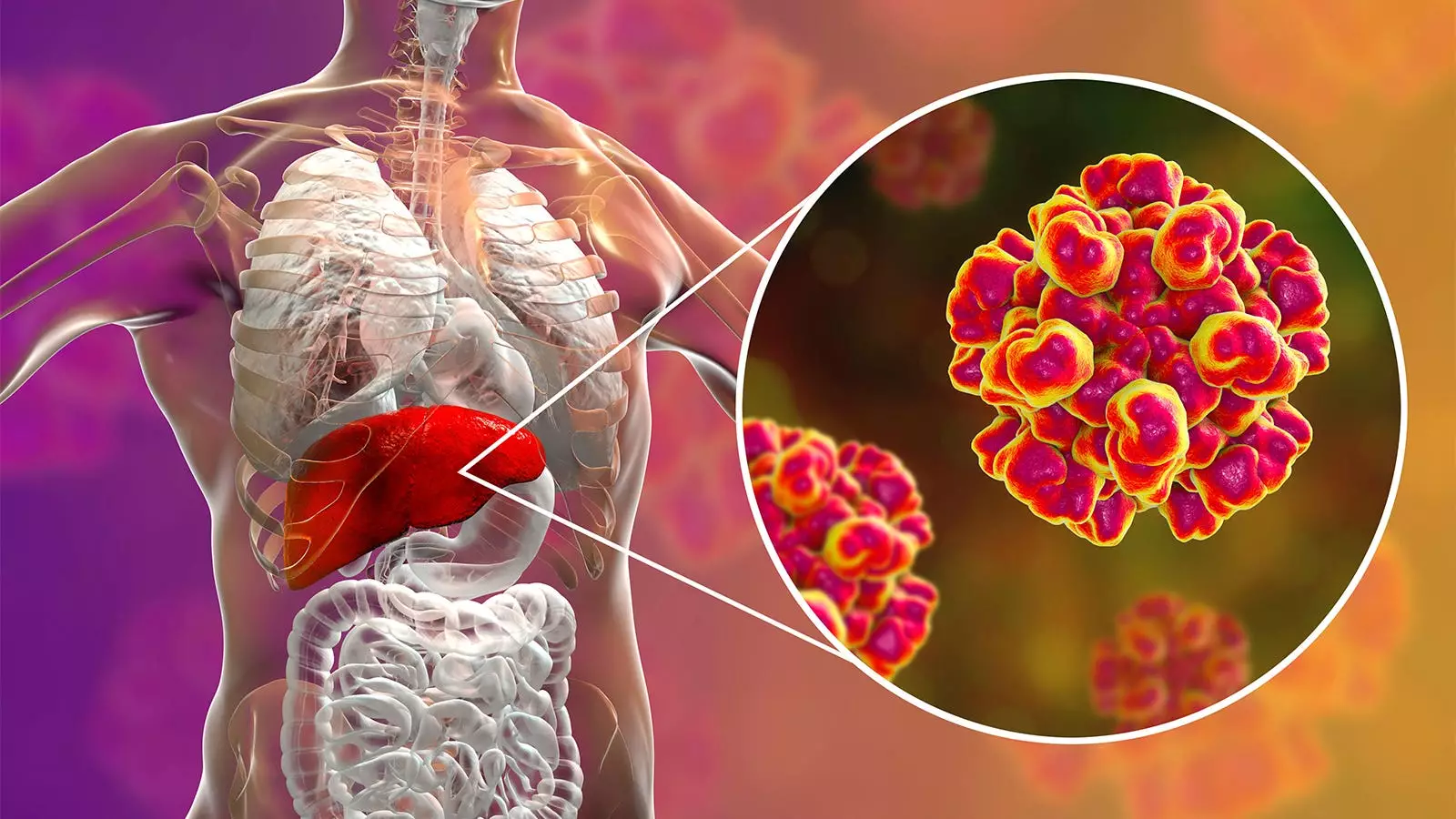A recent phase III trial conducted in China has shown that a three-dose vaccine regimen is highly effective in preventing hepatitis E virus (HEV) infections in adults over a 10-year period. The study found that the HEV239 vaccine, also known as Hecolin, had an efficacy rate of 83.1% in the modified intention-to-treat analysis and 86.6% in the per protocol analysis. Among over 100,000 participants who received the vaccine, only 13 cases of HEV infection were diagnosed, compared to 77 cases in the placebo group.
HEV is a significant cause of acute viral hepatitis worldwide, with an estimated 20 million infections and 70,000 deaths annually. The virus is primarily found in Africa, Central America, and Asia, but transfusion-related HEV cases are increasing in Europe. Despite its global impact, HEV incidence in the United States is largely unknown due to a lack of surveillance and FDA-approved assays. However, seroprevalence studies have shown that a significant portion of blood donors in the U.S. have been exposed to HEV.
The study also highlighted the different genotypes of HEV and their modes of transmission. While genotypes HEV-1 and HEV-2 are transmitted through contaminated water and are specific to humans, HEV-3 and HEV-4 are zoonotically transmitted, often through the consumption of raw or undercooked meat from boar, deer, and pig. The majority of HEV cases in the study were linked to HEV-4, indicating zoonotic transmission.
Researchers also assessed the persistence of HEV antibodies in vaccine recipients over time. The results showed that a significant proportion of individuals maintained detectable antibody concentrations even after several years. While the long-term efficacy of the vaccine was deemed remarkable, the authors noted that the number of symptomatic cases remained relatively low, suggesting limited HEV exposure in the study areas.
The World Health Organization has recommended the HEV239 vaccine for outbreak response since 2015, and the vaccine has been used successfully in South Sudan. Despite the promising results, there is still a need for further research on the protective levels of HEV antibodies and the safety and effectiveness of the vaccine in vulnerable populations such as pregnant women and immunosuppressed patients.
Overall, the findings of the phase III trial on the HEV vaccine demonstrate its remarkable long-term efficacy in preventing HEV infections. The study provides valuable insights into the global impact of HEV, zoonotic transmission, and the potential of vaccination as a preventive measure. Future research should focus on expanding the use of the vaccine in vulnerable populations and exploring its effectiveness in large outbreak scenarios.


Leave a Reply